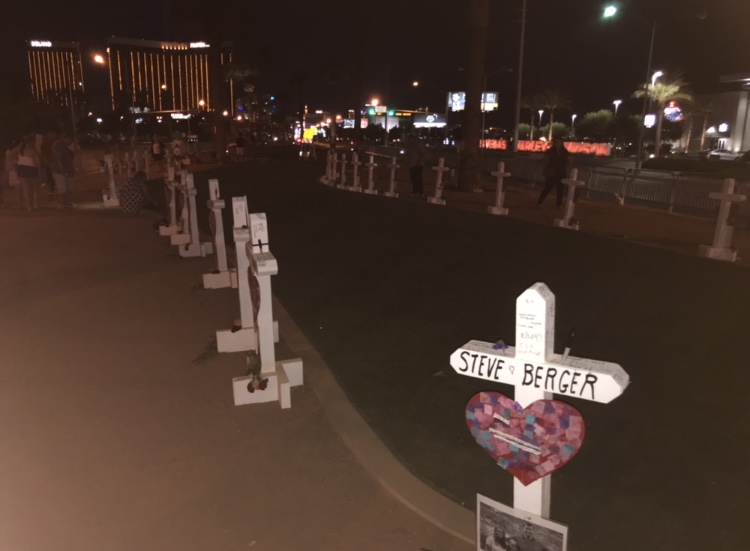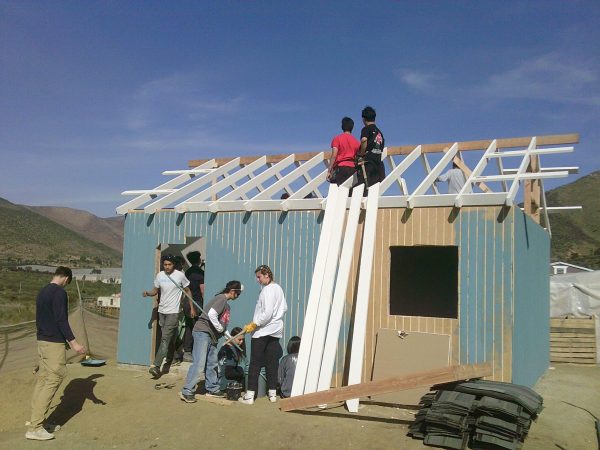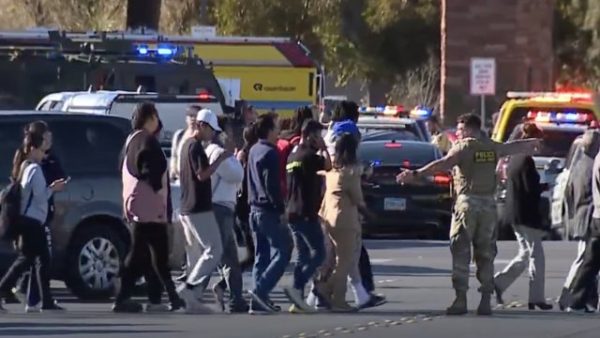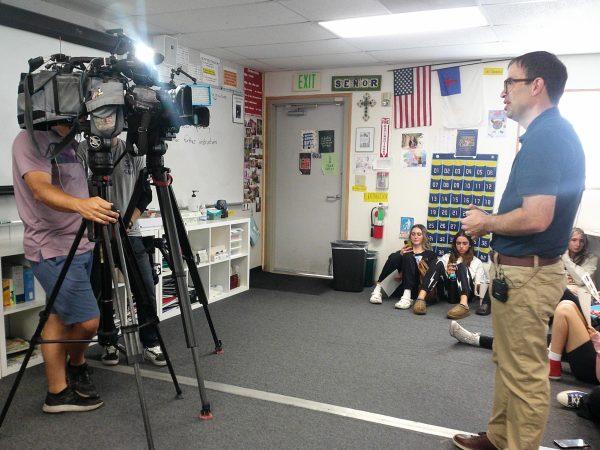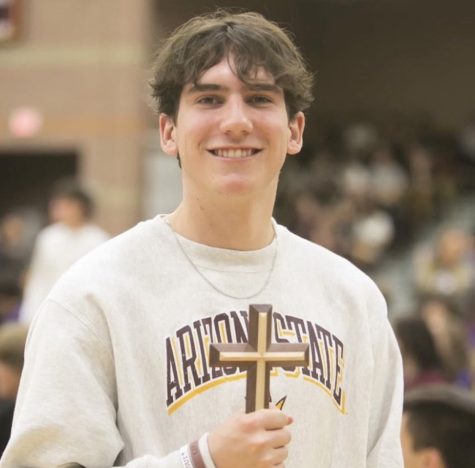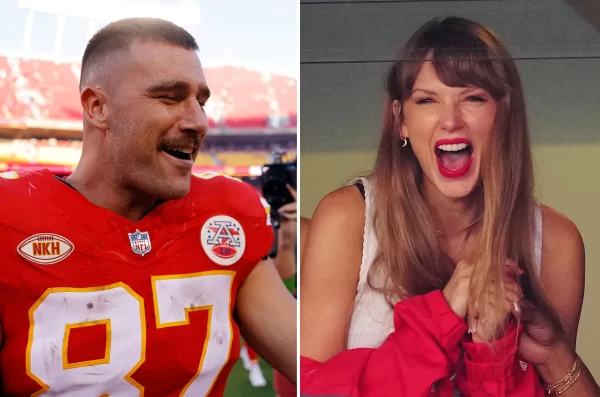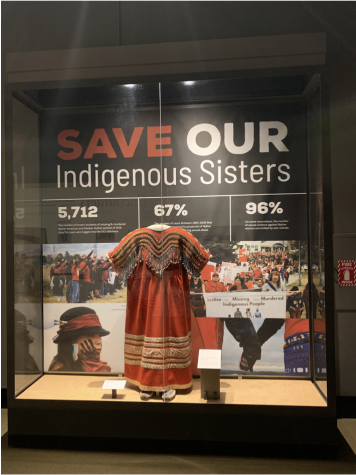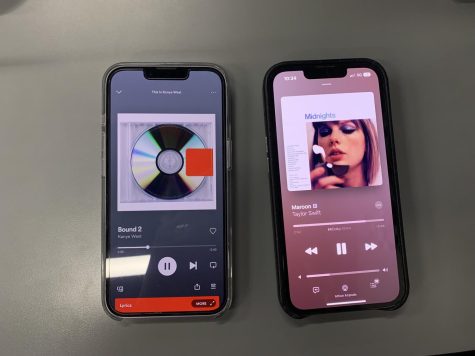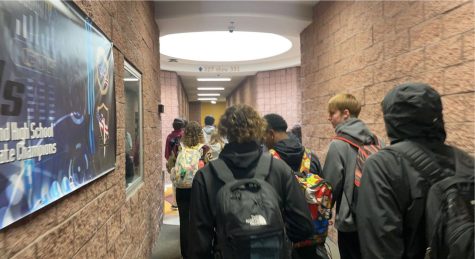Survivor of October 1 questions lack of gun reform
Six days after the horrendous attack on Christchurch mosques in New Zealand, leaving 50 people dead, Prime Minister Jacinda Ardern immediately took action in banning semi-automatic guns, assault rifles, and high powered magazines.
In 2017 alone, there were 39,773 deaths by a gun in America, yet our government has done nothing so far to ensure mass shootings and school shootings will decrease.
From 1999 to 2018 approximately 1,200 people have died from mass shootings and over 4,000 have been wounded and injured.
The question I would like to purpose is why hasn’t America taken any action in preventing gun massacres in our country?
Putting aside the disgusting political power the NRA has over the political parties that run our nation, I believe the true problem lies within the lack of personal experience and understanding of how the people who are victims of gun violence are drastically changed people forever.
How do I know this? Because I am one of those people. 58 percent of people in America will experience gun violence, and I am in that 58 percent.
On October 1, 2017, my life changed forever, and not just in the sense that I’m paranoid when in public, struggle to sleep at night, have panic attacks triggered by my post traumatic stress disorder, and have developed an anxiety disorder. My life has changed in the sense that I am now more passionate than I ever thought I would be about gun reform.
When you personally experience gun violence, whether it be a mass shooting, like I experienced, a school shooting like countless children in America have, or gun violence within your own home, it changes you from being a sympathetic citizen when you hear about the chaos and tragedy on the news, to a person of empathy.
Exactly 36 days after my life changed forever, 36 days after the Route 91 mass shooting in my hometown, there was a church shooting in the small town of Sutherland Springs, Texas. I was sitting on my parents bed watching the story unfold on CNN with my mom, when I said to her, “Mom, there isn’t a person in there town that isn’t affected by this.”
What I meant is that even though 26 people were killed and 20 were injured, the shooter did not leave a stone unturned. Families lost loved ones, friends lost friends, and there isn’t one person in that small community who didn’t know someone, or know someone who knows someone.
Before I experienced mass shooting violence, I never understood that fact. I also didn’t understand how it felt. The other thing I said to my mom sitting on her bed was, “I know exactly how they are all feeling right now.”
So the next question I propose is how many people will it take in our country to become victims of gun violence to make the change?
Congress members of both the House of Representatives and Senate commonly will advocate for gun control and reform, but not until they themselves, or someone they love, a son or daughter, is affected by gun violence. Why should it get to that point? The answer is, it shouldn’t.
I was 17 when my life changed for good, but I was also 17 when the fire within me sparked, and I realized no one, no child, teen, adult, or elder should ever have to endure this kind of pain and abuse in their life.
What is even more disturbing is the fact that the issue is so out of hand that we have a new demographic of mass shooting survivors who have now survived multiple mass shootings. One year and 38 days after the Route 91 shooting, survivors were ambushed at a country-western bar, where 13 people were killed. One of those 13 was a survivor of the October 1 shooting.
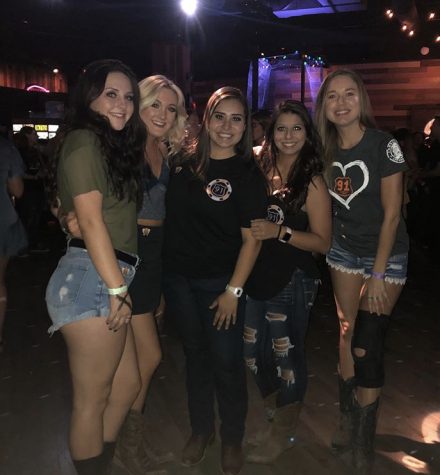
One of the comforting facts in my healing journey was knowing, I’ve lived and survived through a mass shooting, so there is no way it could ever happen to me again. But, then the Thousand Oak bar shooting happened, where survivors, people I consider my “Route 91 family,” were killed after a year of fighting to have their “normal” lives back.
I said to my sister after this heartbreaking event that if it were me, if by some miracle I survived another horrific event like that, I’d rather die and pass on to heaven than to have to start my entire healing process over again and relive all the horror that sits in the back of my memories.
The words “victim” and “survivor” are words that define who I am and my story forever, whether I like it or not. I would never wish gun violence on another human being because it haunts you forever, so what will it take to keep the words “victim” and “survivor” out of your story?
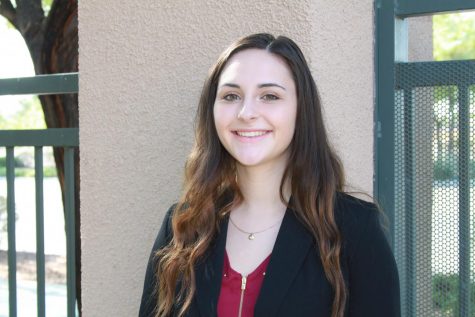
Shae is the current Editor-in-chief of the Crusader Chronicle and main anchor woman of the FLNN. Shae is in her sixth year of written journalism reporting...



